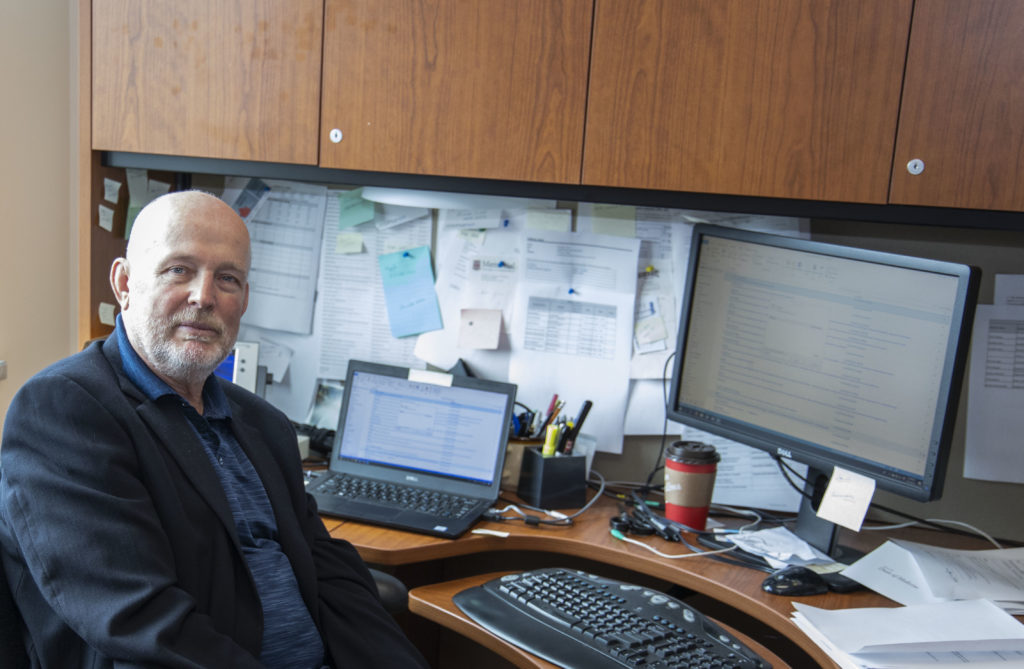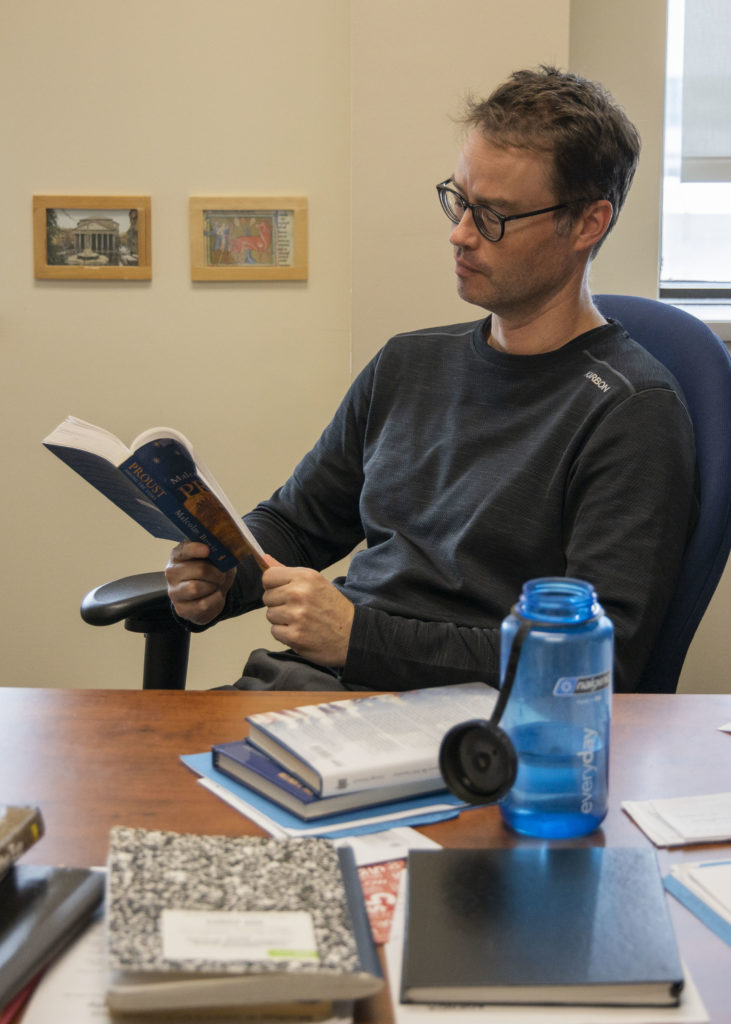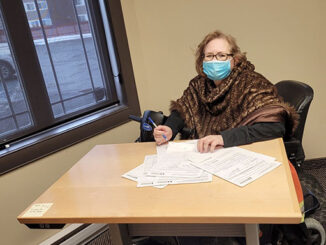Bioethics centre will look at many issues including genetic manipulation.

According to the director of Memorial University’s new Centre for Bioethics, there is much more to bioethics than what people think.
“Bioethics is really an area that looks at the life sciences in general,” said Daryl Pullman, the director of the centre. “Bio means life, and ethics is about right and wrong, good and bad.”
One of the issues becoming more and more prominent in the last few years is that of human genetic manipulation.
Designer babies – technology that can control different characteristics of children before birth – is one such ethical dilemma.
The technology, says Pullman, is a potential Pandora’s box. A person might start with wanting to eliminate inheritable diseases from their child’s genetics, but this could lead other parents to altering height, eye colour, hair colour, and many other characteristics.
According to Pullman, human evolution takes thousands of years and nature needs time to adjust to those changes.
“If you introduce a drastic change without understanding all of the broader implications, it can lead to all kinds of disaster,” said Pullman.
“It’s a potentially very powerful technology which gives lots of control over genetics which has all kinds of deep implications that need to be discussed.”
Chris Kaposy
Chris Kaposy, an associate professor of bioethics, says there are a lot of aspects to examine when it comes to gene editing. While a person could make one change in their own child, it will also be a change that gets passed down the family line.
There are still few ground rules around using such technologies, says Kaposy, and some scientists feel as though they should be able to work without following any ground rules.
“It’s a potentially very powerful technology which gives lots of control over genetics which has all kinds of deep implications that need to be discussed,” Kaposy said.
“One question I have is that if companies are going to be making money off my healthcare information where’s my cut, and where’s my consent?”
Dr. Chris Kaposy
Bioethics also looks at the issues involving the interaction between living and non-living things. For example, the interactions between humankind and artificial intelligence. Kaposy says healthcare generates a great deal of data.

There are also companies which would like to capitalize on this information.
“One part of it is the privacy issue and the way that our information can be used for making money,” Kaposy said. “One question I have is that if companies are going to be making money off my healthcare information, where’s my cut and where’s my consent?”
While the four principle faculty members of the department fall under the purview of the school of medicine, Pullman says he hopes to open up the Centre for Bioethics to all areas of the university.
“We’re hoping that we can expand it…,” Pullman said.




Be the first to comment